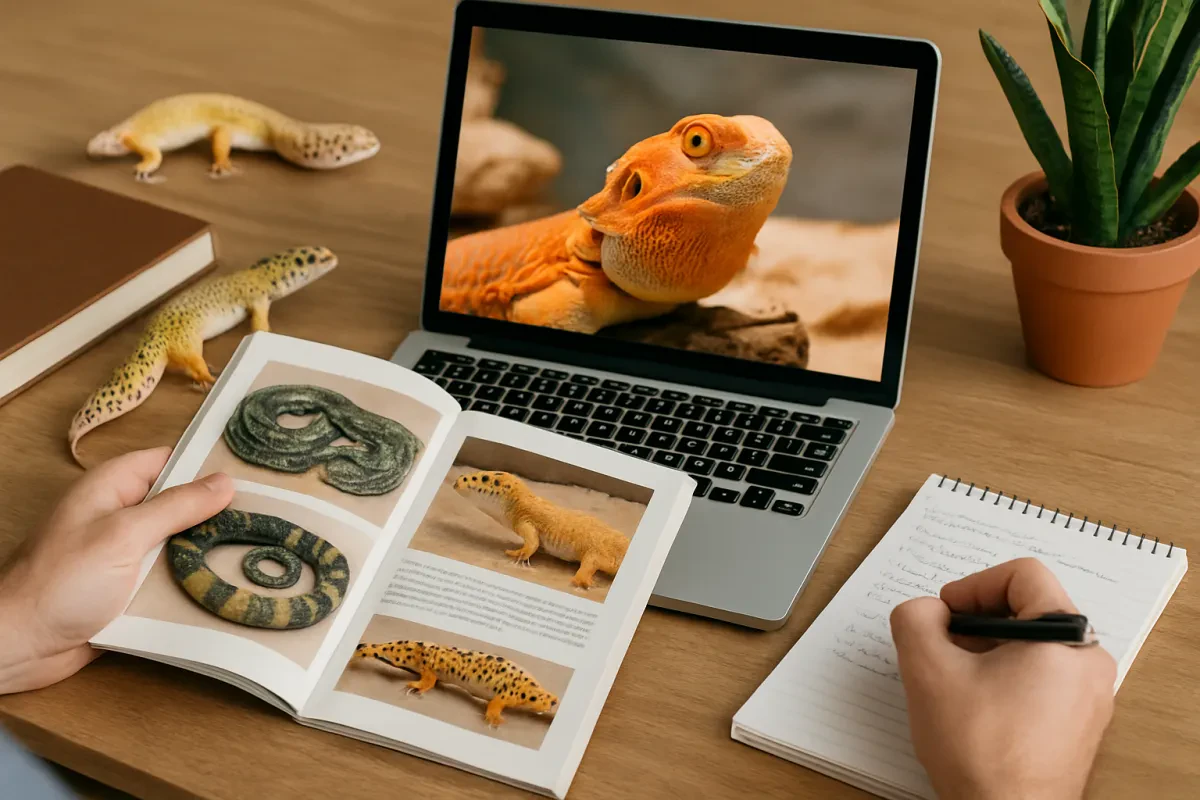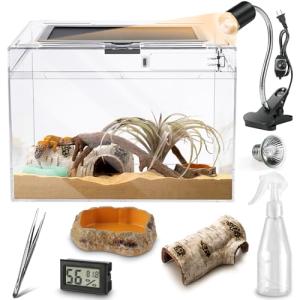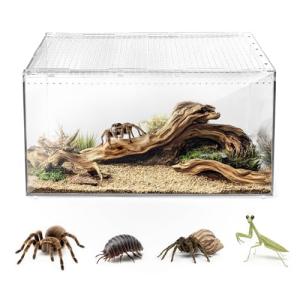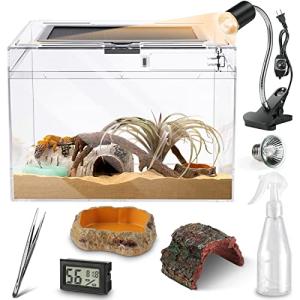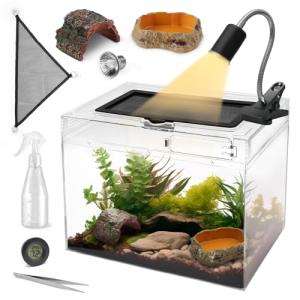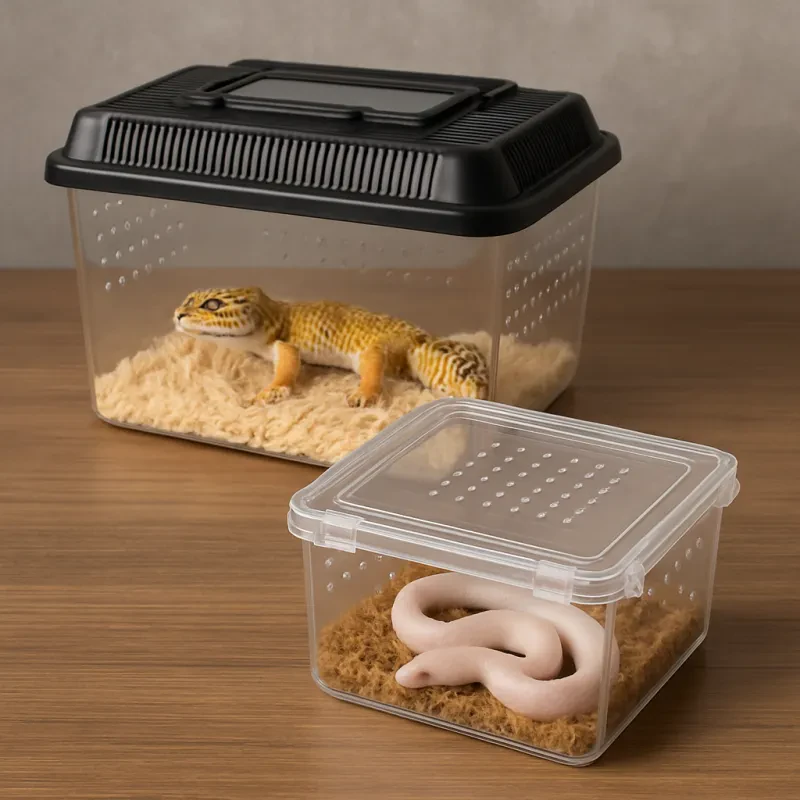If you're diving into the world of reptile pets, first off, it's awesome that you're taking the step to learn! Reptiles can be fantastic companions, but each type has its own quirks and needs. A little reptile pet research goes a long way in making sure you choose the right buddy.
Remember, reptiles aren't cuddly like dogs or cats. Some are more hands-off, while others enjoy a little interaction. For instance, bearded dragons usually enjoy being handled, while certain snakes prefer to chill in their habitats. Knowing the typical behavior of the reptile you're interested in helps you set the right expectations.
Different reptiles also have varying habitat requirements. From temperature and humidity to the type of enclosure, each species needs its own setup. Ball pythons like it a bit warmer and need a cozy hide, while leos (leopard geckos) enjoy a drier environment with plenty of places to climb and explore. All that info is crucial—just another reason why solid reptile pet research matters.
Don't forget about their diets, either! Some reptiles are herbivores, others are carnivores, and some, like certain turtles, might be omnivores. What they eat impacts their health and happiness, so make sure you’re ready to stock up on the right foods. Overall, spending time doing proper reptile pet research ensures you give your new friend the best possible home.
Picking the Right Reptile for You
Choosing a reptile can be a big deal, and it’s not just about picking the cutest one you see on Instagram. You need to do some solid reptile pet research to figure out which critter fits your lifestyle best.
First off, consider how much space you have. Some reptiles, like iguanas, need a spacious setup, while others, like leopard geckos, can thrive in smaller tanks. Make sure to check the space requirements for each type. You don’t want your new friend feeling cramped!
Next, think about the care they require. Some reptiles, like ball pythons, are pretty low-maintenance. They eat less often and don't need a fancy habitat. Others, like chameleons, need specialized lighting and humidity levels, making them a bit trickier. The right choice depends on how much time and effort you're willing to put into care.
Don’t forget about the lifespan! Some reptiles can live for decades, so pick one that you're ready to commit to for the long haul. Do your reptile pet research to find out the average lifespan for different species. You might be surprised at how long a bearded dragon can be your companion!
Finally, consider their temperament. Some reptiles enjoy being handled, while others prefer to be left alone. If you want a snuggly buddy, look for more social species. Your reptile pet research will help you find the best match for your personality and lifestyle.
Setting Up a Comfortable Habitat
When diving into reptile pet research, one of the first things on your mind should be setting up a comfy habitat for your new friend. These little guys need a space where they can feel safe and thrive, so let’s break down what you need.
Start with the right enclosure. The size and type depend on the species you choose. For instance, a leopard gecko will need a different setup compared to a ball python. Make sure the tank is spacious enough, with good ventilation. Glass aquariums or specially designed reptile terrariums are often the best choices.
Next, think about substrate. This is the material at the bottom of the tank. You’ve got options like coconut coir, reptile carpet, or paper towels. Each has its pros and cons. For example, paper towels are super easy to clean, but many prefer something more natural. Research your specific reptile's needs to find the perfect fit.
Temperature and humidity are key factors too. Many reptiles are from warm, humid environments, so you’ll need heaters and hygrometers to keep things just right. Most enclosures benefit from having a warm and cool side, allowing your pet to regulate its own body temperature.
Finally, don’t forget decor! Hiding spots, climbing branches, and places to bask or burrow can make your reptile’s home feel cozy. Adding these elements not only makes things more pleasant for your pet but also encourages natural behaviors. As you do your reptile pet research, keep an eye out for accessories that suit your pet’s lifestyle.
Feeding Your Reptile Companion Right
Feeding your reptile right is super important, and it’s one of the essential bits of reptile pet research you need to dive into. Different species have different diets. Some crave insects, while others prefer veggies or even meat. Knowing what your specific reptile enjoys will help keep it happy and healthy.
For insect-eaters like bearded dragons or leopard geckos, get ready for some bug shopping! Cockroaches, crickets, and mealworms are usually go-to choices. Don’t forget to dust them with vitamin powder. It sounds fancy, but it’s just a sprinkle of extra nutrition. Trust me, your scaly friend will thank you!
If you have a herbivore, like a tortoise, think fresh greens and veggies. Leafy lettuce, carrots, and bell peppers make a colorful and nutritious meal. Always rinse the fruits and veggies to get rid of any pesticides—better safe than sorry!
Last but not least, always provide fresh water in a shallow dish. Reptiles might not chug it like a dog, but they still need hydration. Check it daily to keep everything clean and fresh. Do some good reptile pet research, and you’ll be on your way to providing the best diet for your unique companion!
